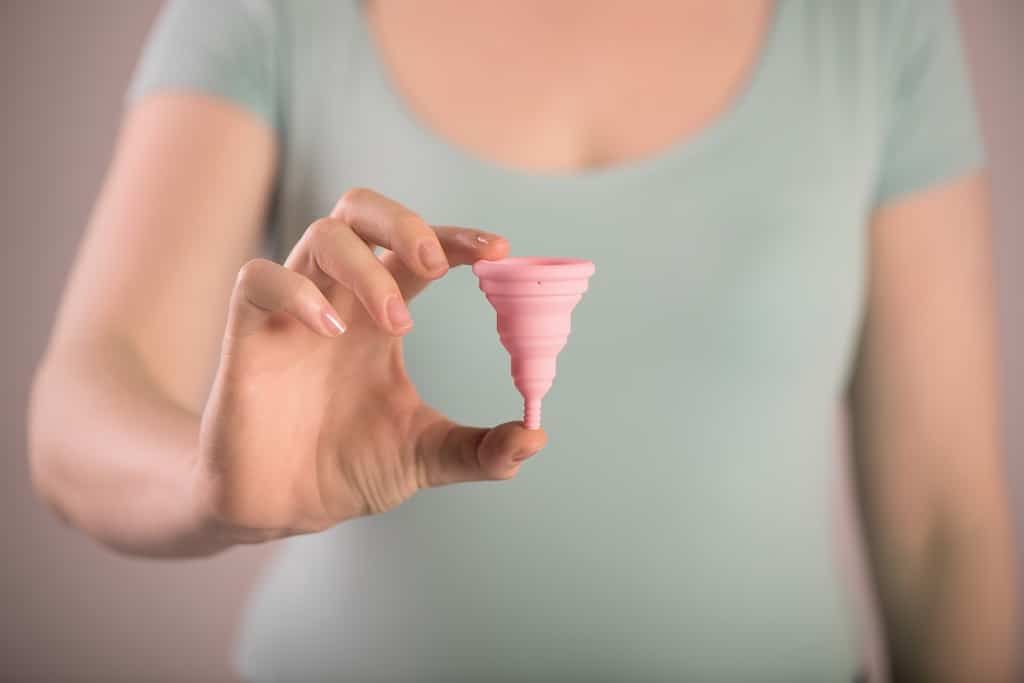The instructions on some menstrual cups are insufficient and in some cases damaging, according to Kate Lough from the Chartered Society of Physiotherapy (SCP), resulting in some users experiencing pelvic organ prolapse.
Speaking on the Victoria Derbyshire show today, Lough stressed that inserting and removing a menstrual cup and a tampon are very different mechanisms and that clear instructions must be provided for users of cups.
Lough said that problems can arise when cups are removed incorrectly. For example, if a user pulls on the end of the cup it causes a dragging motion due to the suction effect and this could drag pelvic organs down, leading to prolapse – where one or more pelvic organs descend into the vagina.
Some of the information on some of the cups, particularly information about taking the cup out, is not correct and is hard to understand
Two women who featured on the programme claimed that their use of a menstrual cup was instrumental in causing prolapse.
“Some of the information on some of the cups, particularly information about taking the cup out, is not correct and is hard to understand,” Lough explained. “So, using your pelvic floor muscles to bring the cup lower in the vagina is not correct – if you tighten your pelvic floor muscles the cup will go up. Bearing down to push the cup within reach of your fingers is not good pelvic floor advice.”
The programme also highlighted the fact that menstrual cups aren’t classified as medical devices in the UK so aren’t regulated, meaning that manufacturers are able to provide conflicting advice.
Unfortunately the growth in the menstrual cup market has seen misleading information around using a menstrual cup circulating, with some products even being sold without any instructions for use
Commenting on the story, menstrual cup producer Mooncup stresses that it provides comprehensive instructions with its products, adding: “Unfortunately the growth in the menstrual cup market has seen misleading information around using a menstrual cup circulating, with some products even being sold without any instructions for use.”
“There can be many contributing factors to the development of a pelvic organ prolapse,” it continues. “Mooncup Ltd would always recommend that anyone who is considering using the Mooncup and has or suspects they may have any gynaecological condition, including a prolapse, first discusses Mooncup use with their doctor.”
“As stated in the BBC report, ‘the vast majority of women do not encounter any problems,’” it said, adding that the company agrees with the CSP’s call for cups to be better regulated and this should apply to all internal sanitary products.
The story aired on the same day that Chancellor Rishi Sunak announced the Government is scrapping the ‘the tampon tax’ – the 0.5% VAT on women’s sanitary products.





